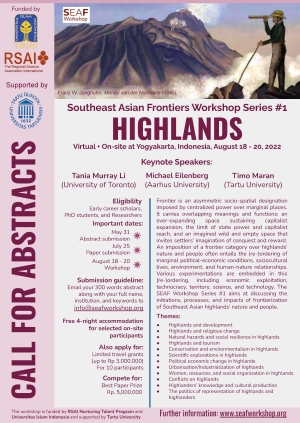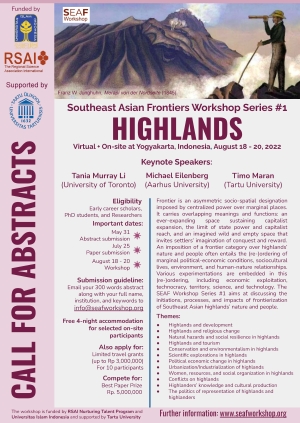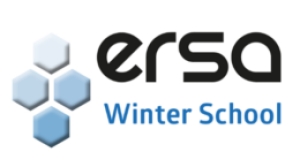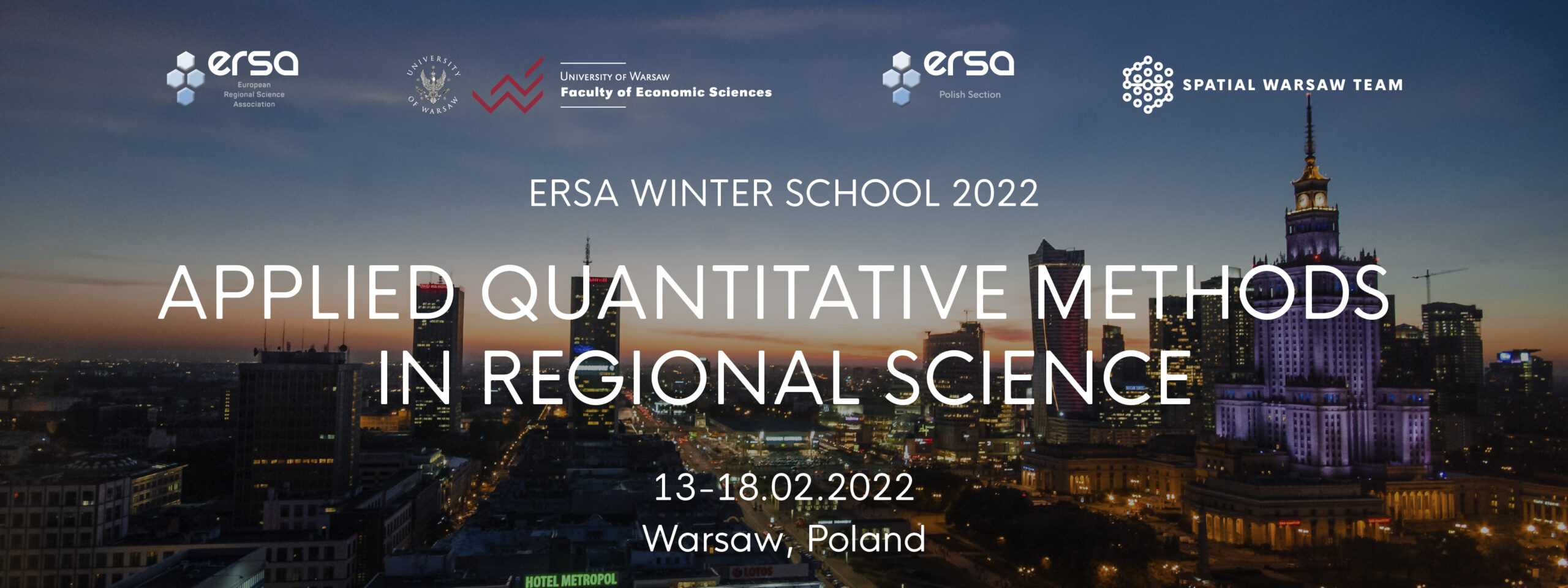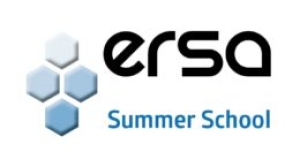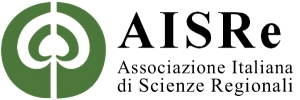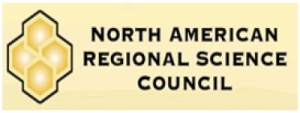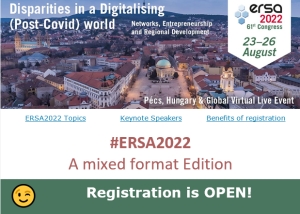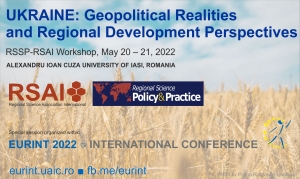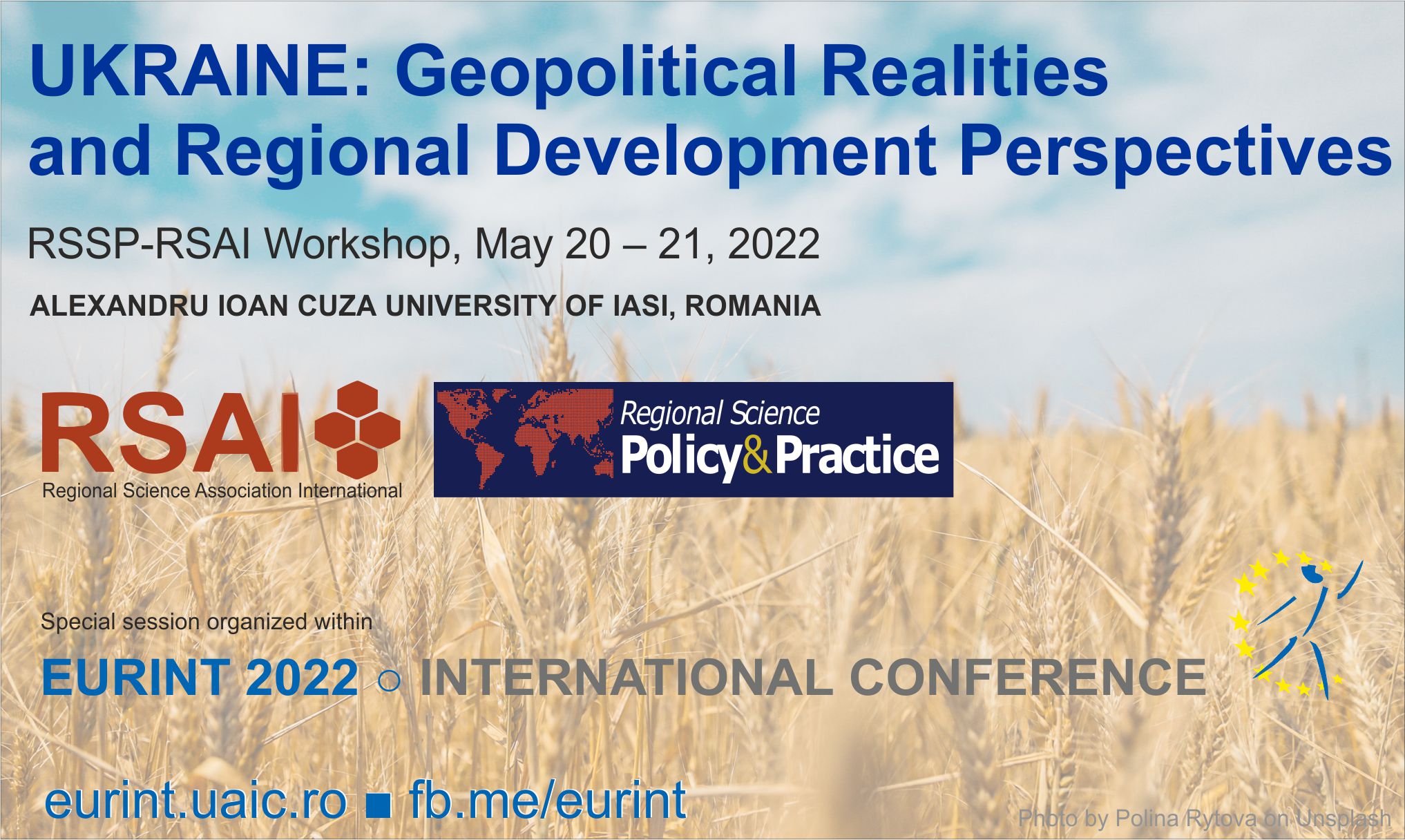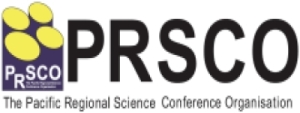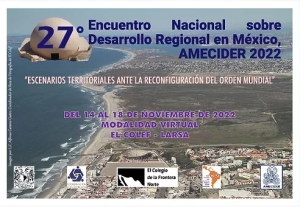Southeast Asian Frontiers Workshop Series #1
HIGHLANDS
Virtual + On-site
Yogyakarta, Indonesia, August 18 – 20, 2022
Frontier is an asymmetric socio-spatial designation imposed by centralized power over marginal places. It carries overlapping meanings and functions: an ever-expanding space sustaining capitalist expansion, the limit of state power and capitalist reach, and an imagined wild and empty space that invites settlers’ imagination of conquest and reward. An imposition of a frontier category over highlands’ nature and people often entails the (re-)ordering of marginal political-economic conditions, sociocultural lives, environment, and human-nature relationships. Various experimentations are embedded in this (re-)ordering, including economic exploitation, technocracy, territory, science, and technology. The SEAF Workshop Series #1 aims at discussing the initiations, processes, and impacts of frontierization of Southeast Asian highlands’ nature and people.
The themes including but not limited to the following:
- Highlands and development
- Highlands and religious change
- Natural hazards and social resilience in highlands
- Highlands and tourism
- Conservation and environmentalism in highlands
- Scientific explorations in highlands
- Political economic change in highlands
- Urbanization/Industrialization of highlands
- Women, resources, and social organization in highlands
- Conflicts on highlands
- Highlanders’ knowledge and cultural production
- The politics of representation of highlands and highlanders
Submission Guideline:
Click HERE to submit your 300 words abstract along with your full name, institution, and keywords. Or email it to This email address is being protected from spambots. You need JavaScript enabled to view it..
Important Dates:
- May 31, 2022 - Abstract submission
- July 25, 2022 - Paper submission
- August 18 – 20, 2022 - Workshop
Accommodation, grants, prize
Free accommodation
Selected on-site presenters will enjoy free 4-night accommodation in Yogyakarta
Travel Grants
We provide limited travel grants (up to Rp 3,000,000 for 10 presenters).
Sent your travel grant application to us!
Best Paper Prize
Submit your paper to compete for the Best Paper Prize (Rp 5,000,000).
More details at: https://seafworkshop.org/

